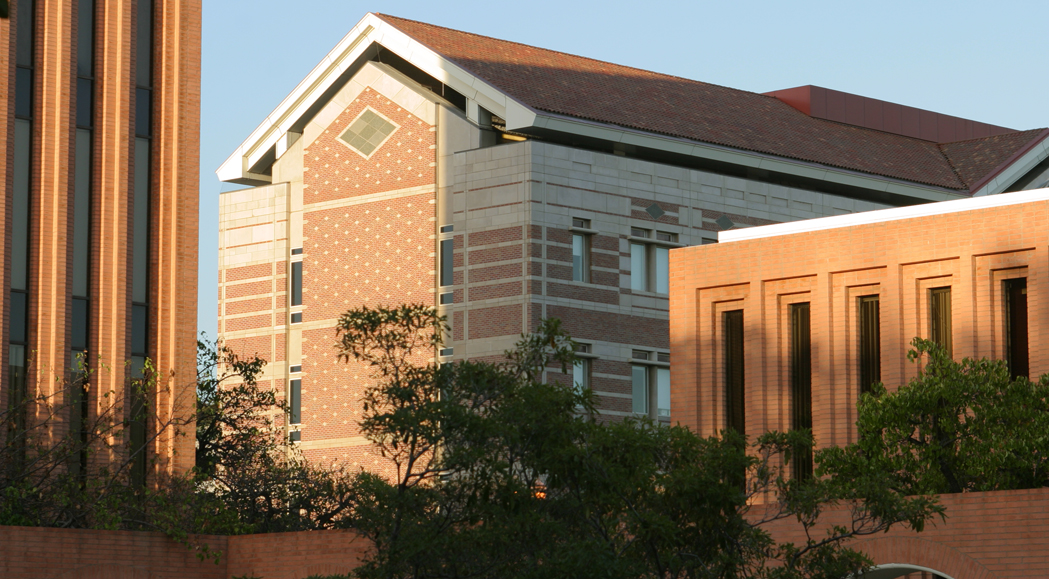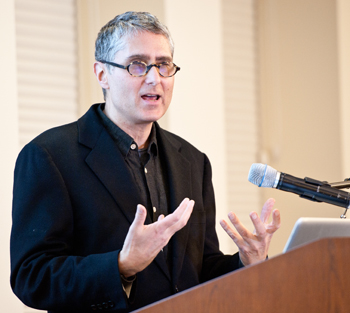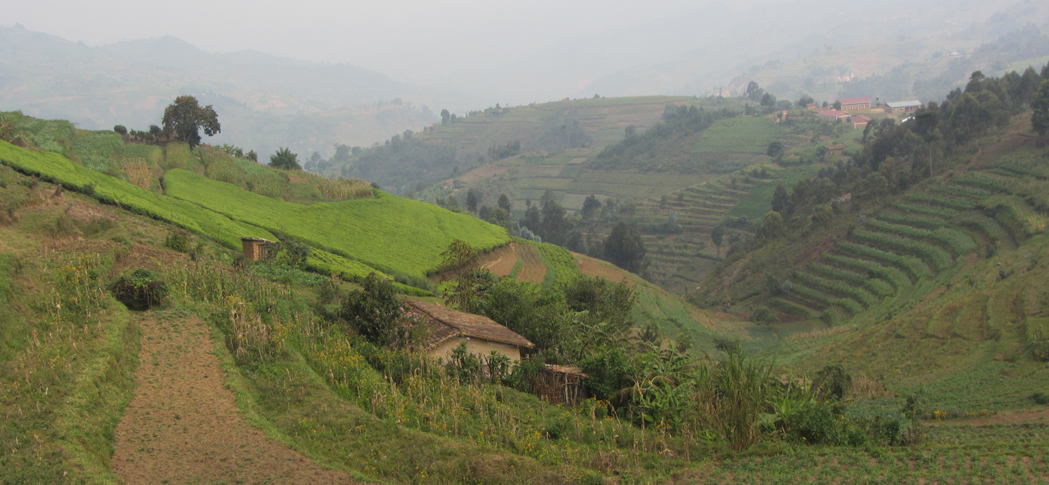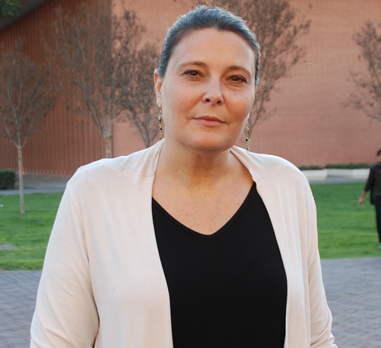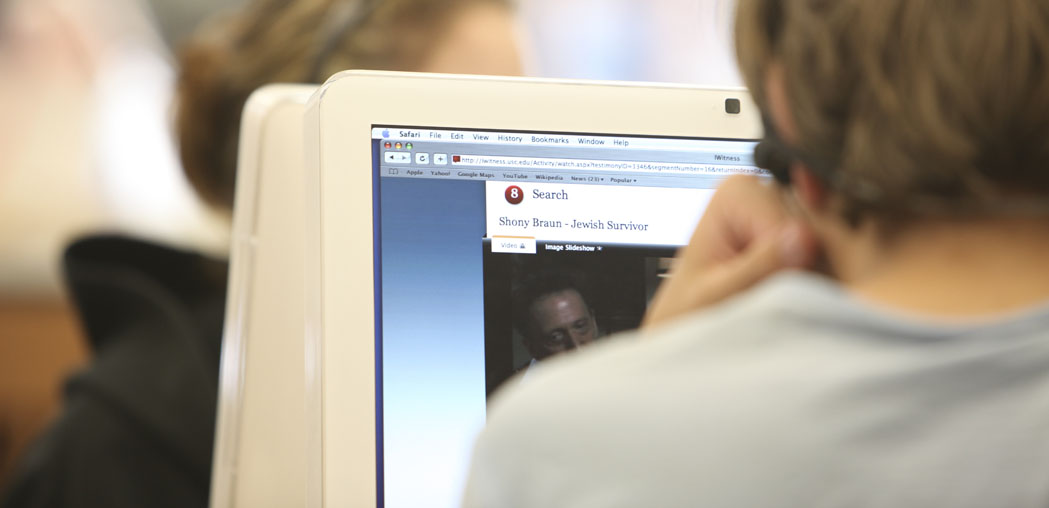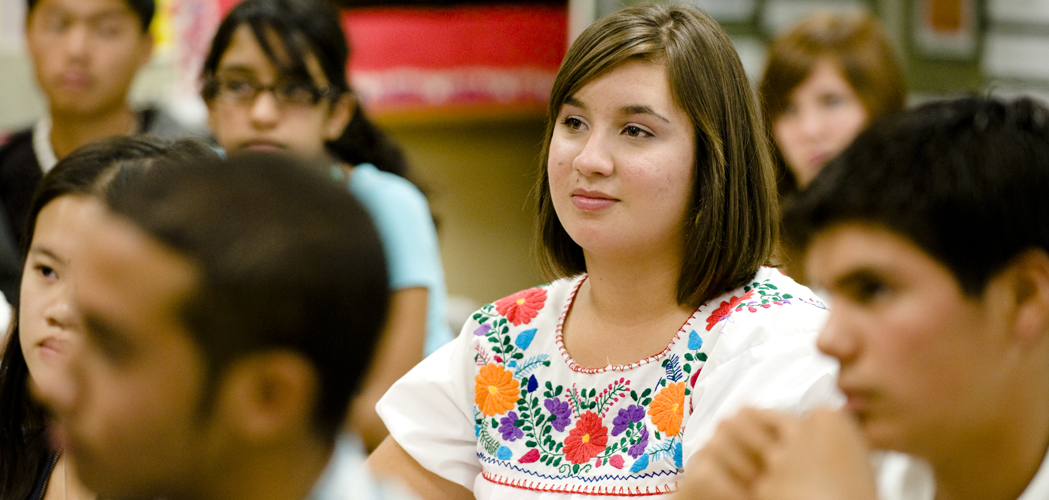The word journey comes to the English language from the Old French jornee, meaning a day, or, by extension, a day’s labor or travel. This word, which we normally associate with something pleasant, takes on a different meaning when placed in conversation with the word Holocaust.
This was the challenge placed in front of me by colleagues at UNESCO, when they requested that the USC Shoah Foundation prepare an exhibition for International Holocaust Remembrance Day, January 27 – the anniversary of the liberation of the Auschwitz-Birkenau extermination camp.
Movie theatres throughout the Midwest will screen Schindler’s List Jan. 24-30, with proceeds benefiting USC Shoah Foundation.
University of Southern California students will study post-genocide reconstruction this summer on the second annual Problems Without Passports trip to Rwanda. The course is led by USC Shoah Foundation's Dan Leshem and Amy Carnes.
USC Shoah Foundation added a new country and language to the Visual History Archive and surpassed 20,000 IWitness users in the last quarter of 2013.
USC Shoah Foundation has published two Polish-language lessons about the Holocaust, complete with clips from the Visual History Archive, on the USC Shoah Foundation website. They are available for free to educators around the world.
The email wasn’t so different from many others I’ve received since I started working at the USC Shoah Foundation last summer.
A woman named Olga in Germany was moved by watching survivor Paula Lebovics talk about her stolen childhood during the Holocaust. Olga had a young daughter of her own and felt an immediate bond with Paula, who was taken to Auschwitz when she was the same age. And so she wanted to contact her.
